top of page
Exacta Focused ETI
Frequently Asked Questions
On our FAQ page, you can find responses to questions that are commonly ask segmented by topic. If you do not see an answer to your particular question, please reach out to us directly.
Frequently asked questions
Introduction
Investment Philosophy and Approach
Portfolio Composition
Ethical and Strategic Boundaries
Analysis and Selection
Operational Insights
Market Outlook and Macro Considerations
Strategy and Performance
Risk Management
Fees and Costs
How to Invest
Investor Demographics and Fund Details
bottom of page

